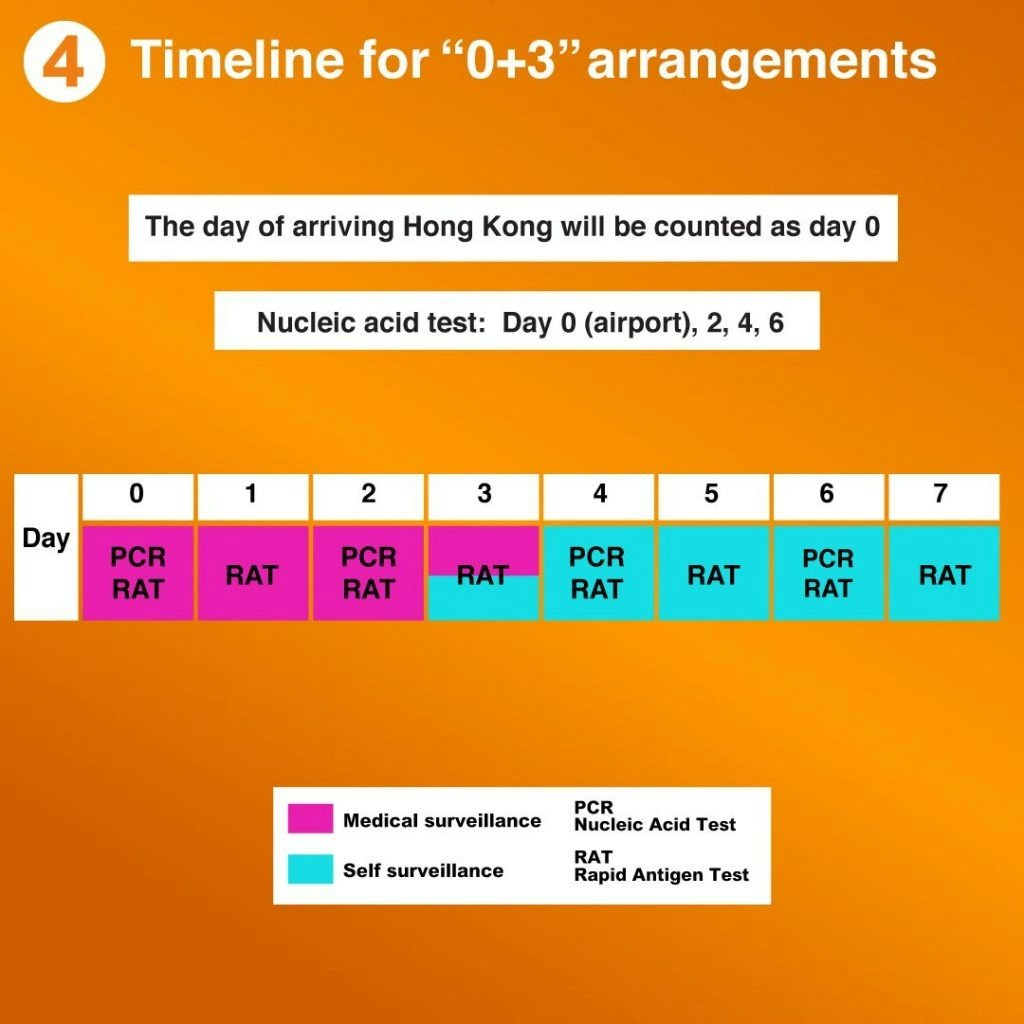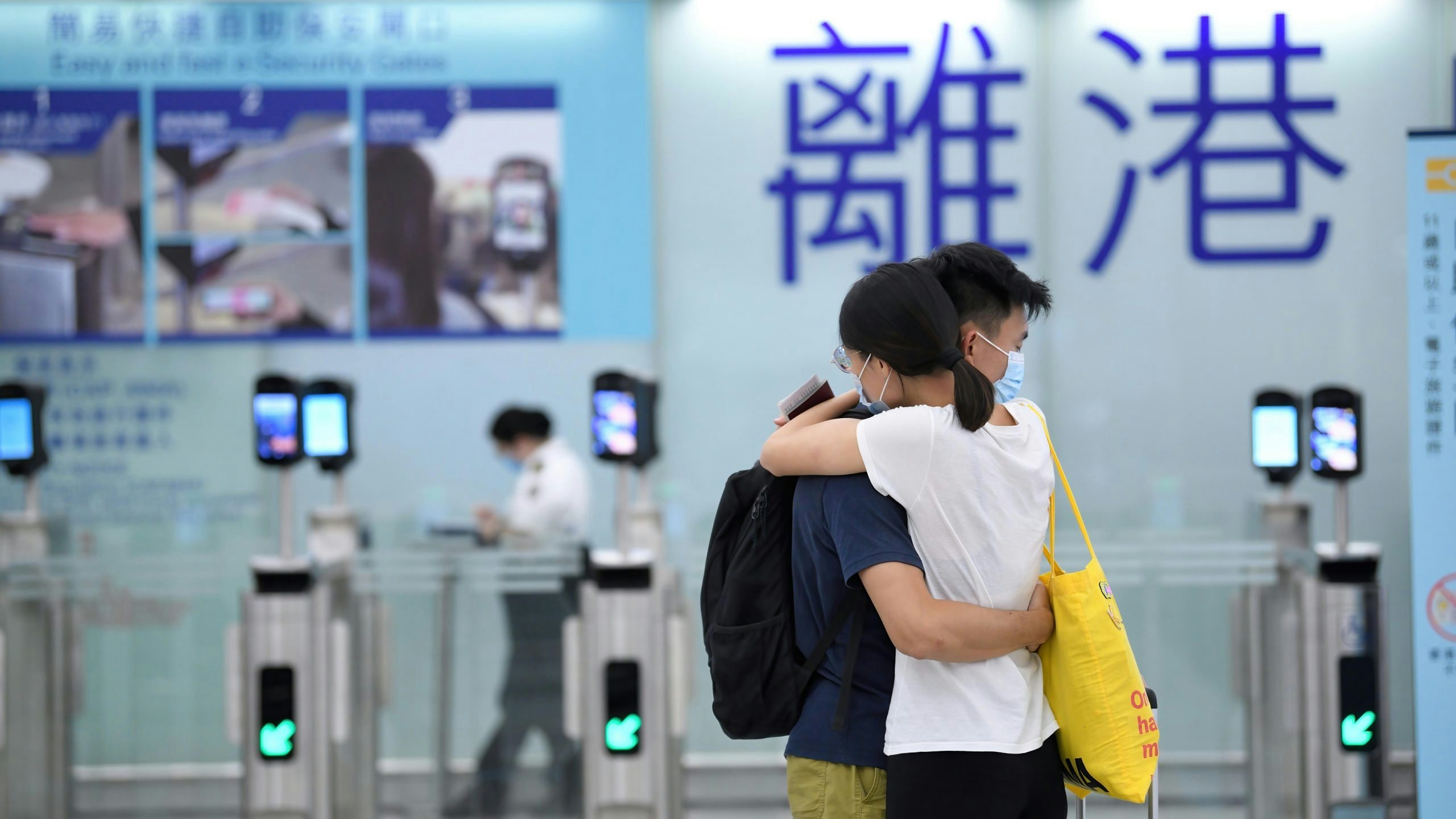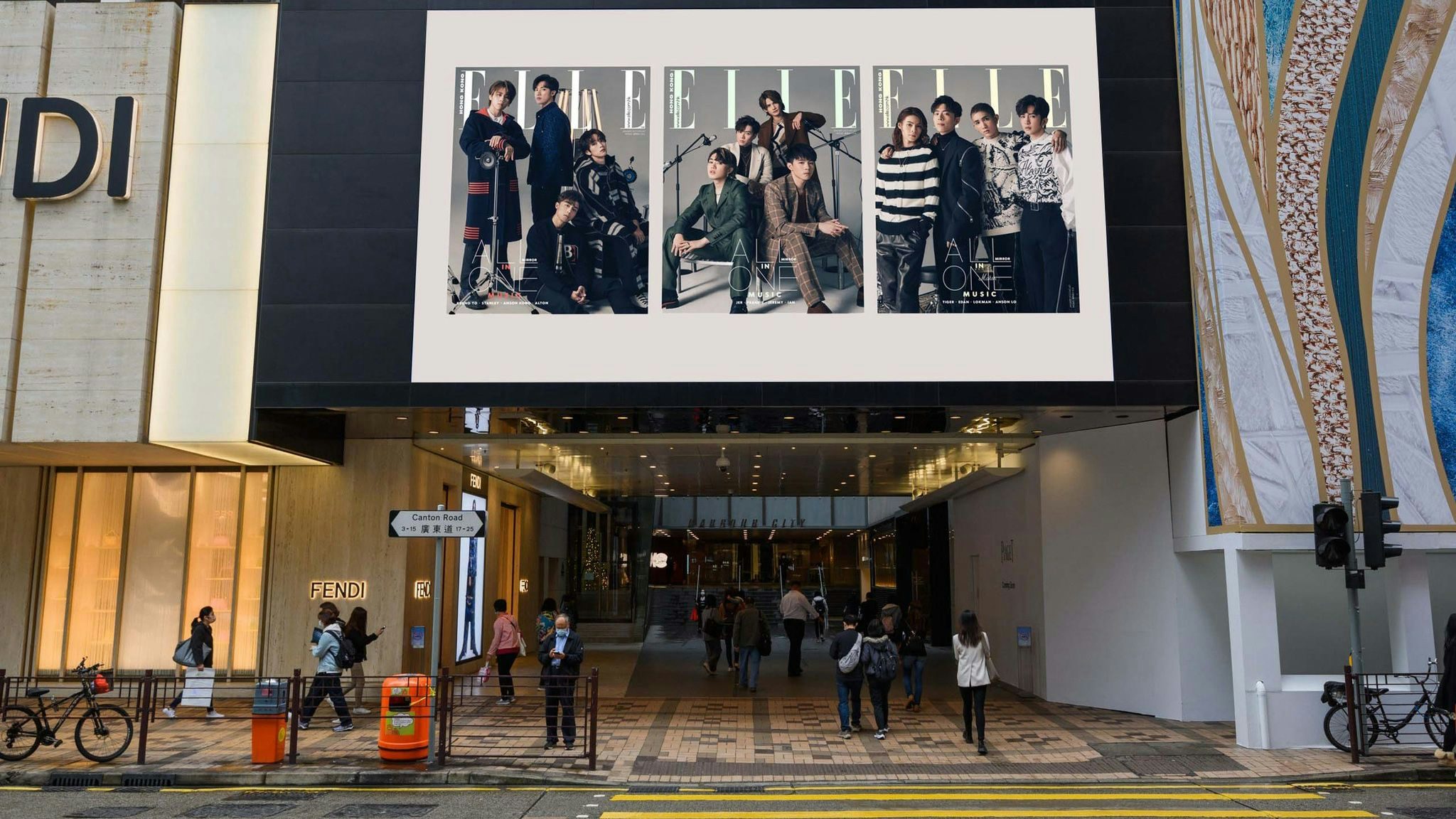What happened
On September 26, Hong Kong ushered in a new “0+3” arrangement for inbound travelers where mandatory hotel quarantine will be cancelled for the first time in over two years. Under this scheme, visitors can use a negative result from a self-arranged rapid antigen test (rather than a nucleic acid test) to board their flights. Once at Hong Kong International Airport, they will be tested again but will not be required to wait on-site for their results. With the mandatory hotel quarantine lifted, travelers are free to move around as they please but must adhere to three days of medical surveillance followed by a four-day period of self-monitoring.
The Jing Take
This is a relaxation only in the most relative sense. While travelers no longer need to endure the dreaded hotel quarantine — which could last up to 21 days at points — they still have to undergo a barrage of COVID tests (those who plan an eight-day trip will be subjected to these a whopping 12 times) which will likely deter pure tourists. Moreover, they are barred from “high-risk premises” such as restaurants, shopping malls, and bars for the first three days. Even the chairman of the Hong Kong Tourism Board acknowledged that the move “is expected to initially attract mainly business travelers, family visitors, and returning Hong Kong residents.”

To revive the local economy, these remaining restrictions would have to be scrapped. While travel-related searches for Hong Kong saw an uptick on Expedia, this was still overshadowed by the surge of outbound flight interest — indicating that the announcement was not as attractive as hoped. The ongoing zero-COVID policy has already cost the city its standing as Asia’s top financial hub due to an exodus of professional talent, a situation that has restricted its ability to conduct normal levels of business.
Still, Hong Kong retailers aren’t just waiting around for foreign shoppers to come back and hand them a recovery. Famously popular with mainland Chinese tourists, Tsim Sha Tsui's mega shopping mall Harbour City opened more than 70 stores in the first three quarters of 2022, including a Dior flagship, and expects a total of 100 new tenants by the end of the year. Meanwhile, New World Group’s K11 Musea recorded a year-on-year increase of 21 percent in sales in H2 2021 while sister property K11 Art Mall added over 30 new brands, with the latter reaching a record high footfall last December and surpassing pre-pandemic sales. From hosting pop-up installations and art exhibitions to handing out coupons, these centers have doubled down on stimulating local consumption.
If Hong Kong wants to reclaim its status as both a leading business and travel destination, the government will need to further moderate its rules, especially as others in the region do the same. But at least by the time tourists do show up, fingers crossed, a world of luxury outlets will be waiting to welcome them.
The Jing Take reports on a piece of the leading news and presents our editorial team’s analysis of the key implications for the luxury industry. In the recurring column, we analyze everything from product drops and mergers to heated debate sprouting on Chinese social media


